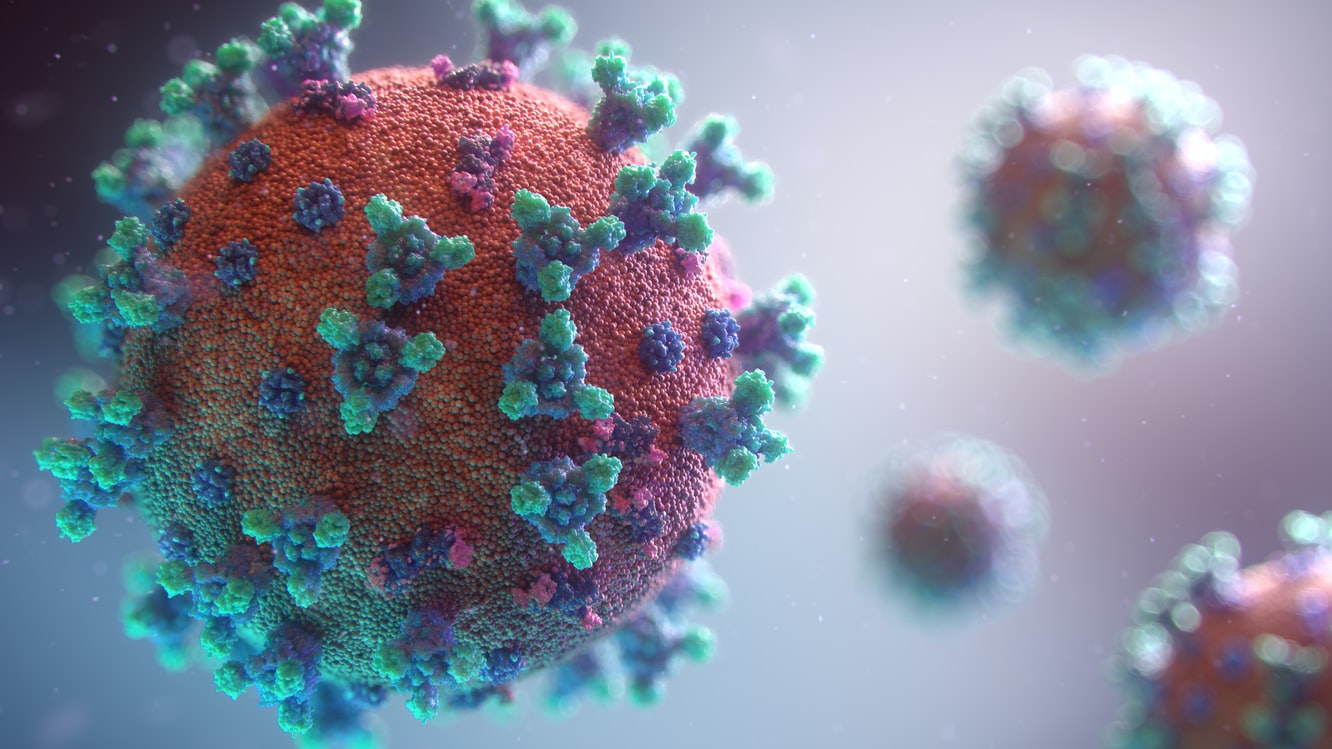COVID-19, Pregnancy and Fertility – What You Need To Know

As the COVID-19 pandemic endures as part of our everyday lives, there are important considerations for families and individuals planning pregnancy. First and foremost, pregnancy is a "high risk state." This means that pregnant women who get infected with COVID-19 have more severe illness and face higher risk of complications including ICU admission, mechanical ventilation, and - very unfortunately - even death, compared to matched women who are not pregnant. While these outcomes are rare overall, they continue to occur across the country. In addition, complications of pregnancy, including pre-term birth, are more common in pregnancies affected by COVID-19 infection. Pre-term birth is of particular concern because it can have lifelong health consequences.
The CDC and women's health professional societies recommend vaccination of all pregnant women and women planning pregnancies, regardless of where they are on the timeline of their reproductive journey (for example, pre-pregnancy vs 1st trimester vs 3rd trimester of pregnancy does not matter). COVID-19 vaccines are effective at preventing infection, severe illness, and disease transmission. Importantly, COVID-19 vaccines are safe in pregnancy. Several studies of thousands of pregnant women receiving COVID vaccines have revealed no safety signals. No increased risk of miscarriage or other pregnancy problems have been observed after vaccination. What's more, COVID-19 vaccines confer protection to the baby. Antibodies against the virus can be transmitted to the baby during pregnancy, or via breastmilk for women vaccinated during breastfeeding. Finally, COVID-19 vaccines do not impact fertility or fertility treatment outcomes.
It is clear that the COVID-19 pandemic has raised many critical questions for our patients at the UCSF Center for Reproductive Health. In response, research doctors in clinic are leading a nationwide study called ASPIRE (Assessing the Safety of Pregnancy in the COVID-10 Pandemic). Nearly 8,000 pregnant women early in the first trimester of pregnancy have volunteered to participate, from every state in the country. We anticipate this wealth of data will help answer important questions about COVID-19 in early pregnancy, vaccination, and more.
If you have specific questions or concerns, we encourage you to talk with your doctor about them. Additional information can be found at the below websites.
https://www.cdc.gov/coronavirus/2019-ncov/need-extra-precautions/pregnant-people.html
About Blog
There are many causes of infertility. For a successful pregnancy to occur, a healthy egg needs to meet healthy sperm, fertilize, develop and find a good place to grow (a receptive uterus). Problems at any of these steps can cause difficulties in getting pregnant. A woman’s body might not release an egg each month due to hormone imbalances, or perhaps the man’s body isn’t producing enough motile sperm.